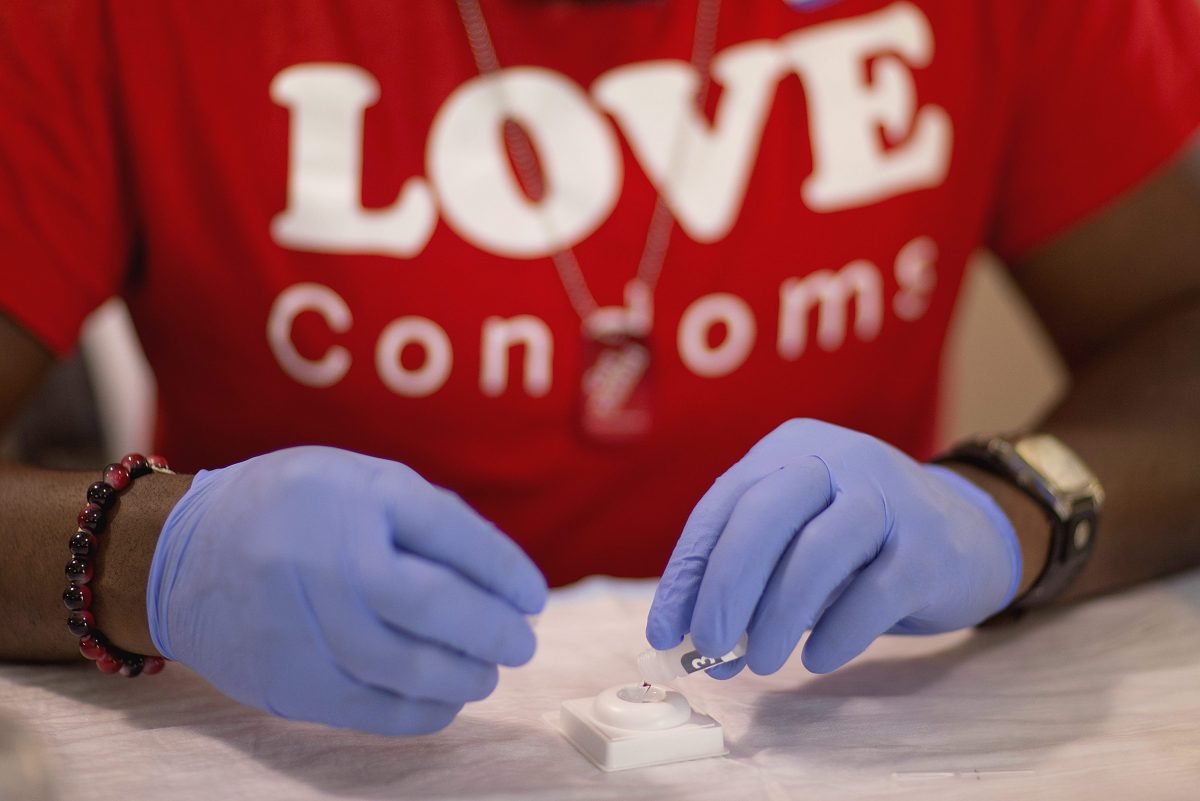The number of new HIV cases in the Lower Mainland is on track to drop to its lowest levels since 2003, according to Vancouver Coastal Health (VCH).

The health authority announced Thursday it has seen diagnoses go down by 52 per cent from 2011 to 2018, from 178 new cases to just 86 last year.
Officials say those cases are trending even further downward this year, with just 26 new cases reported as of June 17.
WATCH: (Aired May 3) How AIDS drugs could end the HIV pandemic

“This is so encouraging to see,” VCH medical health officer Dr. John Harding said in a media release.
He pointed specifically to made-in-B.C. programs aimed at increasing testing and treatment, including STOP HIV/AIDS and the B.C. Centre for Excellence in HIV/AIDS’s Treatment as Prevention strategy, for driving the numbers down.
Harding said before STOP HIV/AIDS was launched in 2009 as an initiative between VCH and Providence Health Care, one in five Canadians living with HIV didn’t know they had the infection.

Get weekly health news
Many of those people were diagnosed only after they had entered the advanced stages of HIV or AIDS, making it more difficult to deliver effective treatment.
“Today in our region, people are being diagnosed and linked to care earlier, which can prolong and improve people’s lives, as well as reduce transmission to others,” Harding said.
WATCH: (Aired March 5) Man cleared of HIV after bone-marrow transplant

Health authorities across B.C. have been working to make free HIV tests more available to even remote communities in the province.
Today, the tests are readily available at many family practices, walk-in clinics and hospitals.
The STOP HIV/AIDS program, which has since partnered with the province’s other health authorities, provides outreach to marginalized groups and expands access to early testing.
It also offers access to free antiretroviral therapy for patients.
Other health authorities have made similar efforts to increase testing, including making HIV testing a part of regular diagnostic blood work.
The B.C. government has also begun fully funding PrEP and PEP, which has been known to be effective in battling the disease.
Since the coverage began in January 2018, over 2,000 people have been prescribed the drug, according to the province.








Comments
Want to discuss? Please read our Commenting Policy first.